Rubin disclosed the numbers in a message posted on his official Twitter account Tuesday morning. Rubin is Google's vice president of engineering, the mastermind behind Android, and a former Apple engineer.
The numbers show the pace of activations for Android is growing rapidly. In December of 2010, Rubin revealed on Twitter that Google was then activating 300,000 Android devices per day.
Last October, in a surprise appearance on his company's quarterly earnings conference call, Apple Chief Executive Steve Jobs talked about Android and iOS activations. At the time, Google had said it was activating 200,000 Android devices per day, while Jobs revealed that Apple was activating 275,000 iOS devices each day with a peak of 300,000 on some days.
Since the iPhone first launched in 2007, Apple has sold more than 200 million iOS devices. iOS powers the iPhone, iPad and iPod touch, and is also found in the new Apple TV.
For some time now, sales figures have shown that sales of Android-powered devices, available in multiple form factors and configurations from numerous hardware makers, have moved ahead of the iPhone and iOS.
While Android has grown in market share, Apple's profit share has eclipsed the rest of the mobile industry. In fact, one recent analysis showed that Apple could buy rivals Nokia, Research in Motion, HTC and Motorola Mobility all at once with its estimated $70 billion in cash.
Apple has panned the Android platform as fragmented and inferior to its own integrated approach. Manufacturers such as Samsung and Motorola will install their own custom user interfaces on top of the Android mobile operating system to differentiate their devices on the market.
For its part, Google has countered by promoting Android as an "open" platform, free from the types of restrictions that Apple places on users of the iPhone and iPad. The Cupertino, Calif., company maintains strict control over the iOS App Store, and all software available for download on the platform must first be reviewed and approved.
 Sam Oliver
Sam Oliver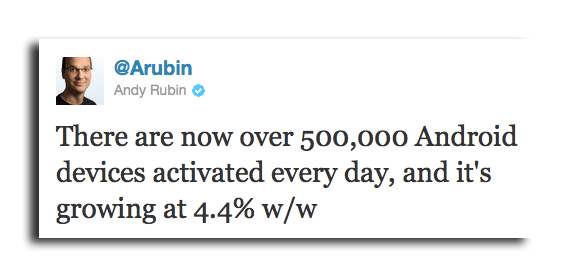














 William Gallagher
William Gallagher

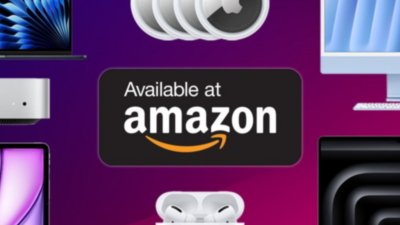
 Christine McKee
Christine McKee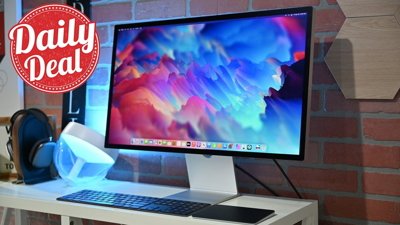
 AppleInsider Staff
AppleInsider Staff
 Chip Loder
Chip Loder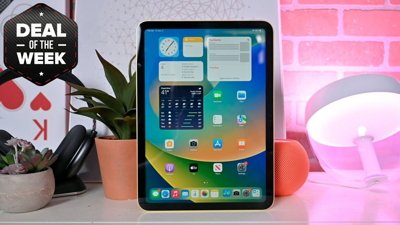
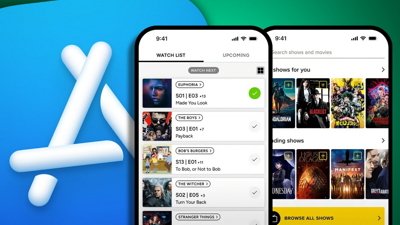
 Malcolm Owen
Malcolm Owen








228 Comments
Apple has panned the Android platform as fragmented and inferior to its own integrated approach. Manufacturers such as Samsung and Motorola will install their own custom user interfaces on top of the Android mobile operating system to differentiate their devices on the market.
That says it all. It's all you need to know.
Moving right along then . . .
For its part, Google has countered by promoting Android as an "open" platform, free from the types of restrictions that Apple places on users of the iPhone and iPad. The Cupertino, Calif., company maintains strict control over the iOS App Store, and all software available for download on the platform must first be reviewed and approved.
Android is "open" to virus attacks - and other malicious code - and you are "free" from any sort of quality control.
what about data comparing this to the industry as a whole? so what android has double daily activations of iOS - if iOS is still growing - and Android is at the expense of everybody else is that a bad thing?
More than a half-million Android devices are now being activated every day, and the number is growing at 4.4 percent worldwide, the head of Google's mobile platform has revealed.
Interesting given that all other recent info has Android growth stalling relative to the rest of the market.
Apple is a profit, not market share driven company. They don't care one iota about numbers like this.
This really is an inane comparison. You're comparing an OS which runs on a small range of premium-priced devices with an OS which runs on a vast range of phones, many of which are given away for free with moderately priced contracts. I bet many people who buy an Android phone are just buying a phone, and don't really know or care that it has Android installed.
It's like saying that Porsche is failing because it's selling fewer cars than Ford. Not everybody likes Porsches, and a Porsche isn't the right car for a large number of people - who might prefer something cheaper and more practical. Nevertheless, all Porsches are aimed at a relatively affluent market segment and turn a much higher profit margin than a Ford Focus does.